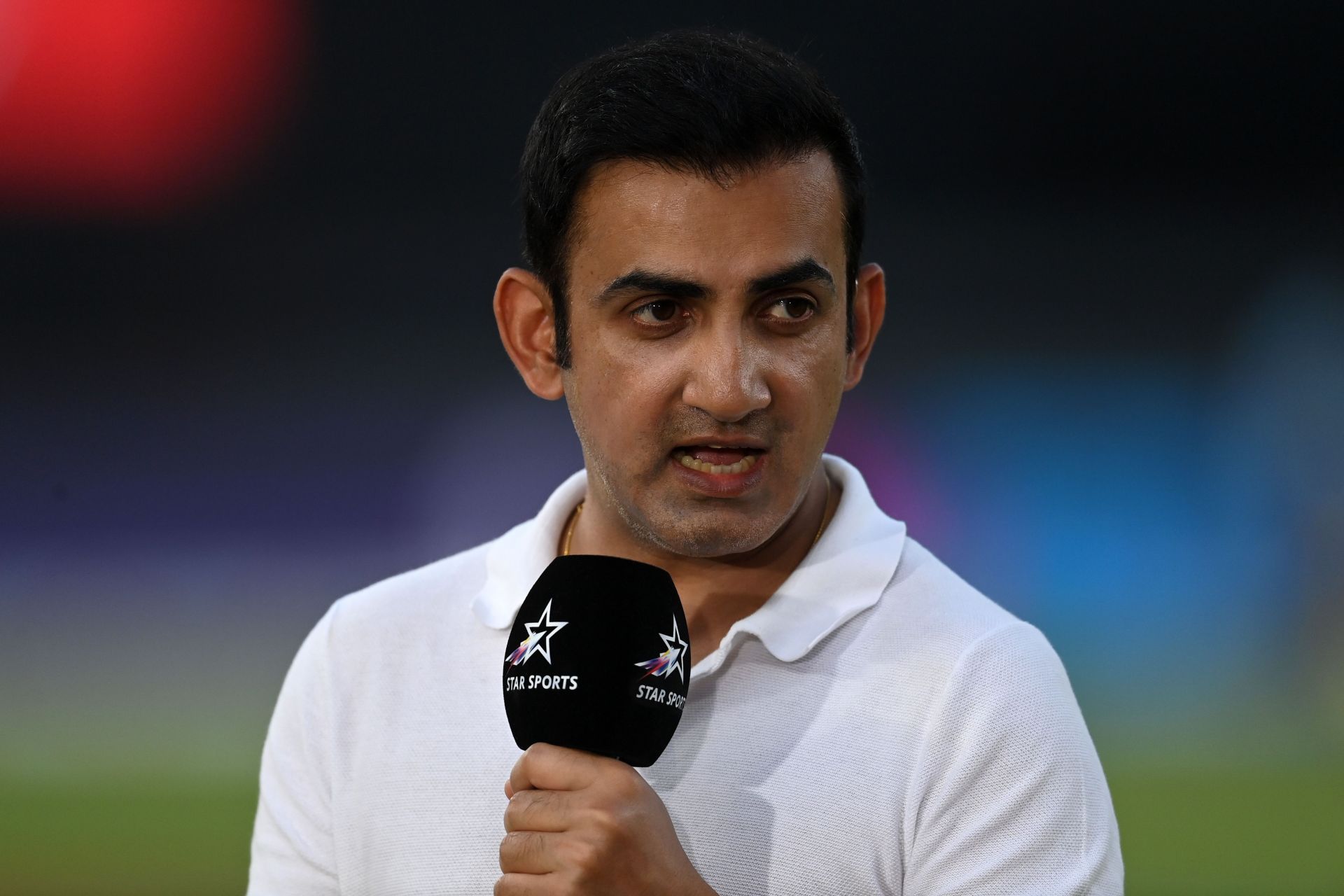
“In the 90s and early 2000s, if you spoke about mental health, people thought you are mad” - Gautam Gambhir
Former India opener Gautam Gambhir has stated that those opening up about mental health issues in the 1990s and early 2000s were considered mad by many people. He opined that sportspersons need to interact with psychologists or trusted ones when it comes to dealing with mental health problems.
The month of May is dedicated to mental health awareness in India. This initiative was launched in the USA in 1949 to spread greater awareness about issues pertaining to mental health.
Speaking to Sportskeeda, Gambhir opened up on the challenges faced by sportspersons with regard to mental health issues, particularly during his playing days.
“In the 90s and early 2000s, if you spoke about mental health, more than half the people thought you are mad. It was like, what are you talking about? This was especially in the subcontinent. For a long time, people used to think that sportspersons don’t face any pressure. Just go out and play. But a sportsperson’s life is very uncertain and only a sportsman can realize or handle that pressure,” Gambhir explained.
On the importance of psychologists and close friends as a means to deal with the challenge, he added:
“I believe that sportspersons must go to psychologists. The relationship between a psychologist and a player should be very confidential. More importantly, it should be very strong. If you have any kind of mental health issues, and I am not just talking about sports, but off the field as well, speak to someone you trust. It is not necessary that only a psychologist gives you the right advice.”
Gambhir played 58 Tests, 147 ODIs, and 37 T20Is for India, scoring over 10,000 international runs.
“Insecurity is the biggest cause of mental health issues” - Gautam Gambhir
Elaborating his thoughts on the topic that has gained prominence in the sporting fraternity in recent years, Gambhir attributed cut-throat competition and insecurity as two of the major factors behind mental health problems.
“First and foremost, you need to understand why there is talk of mental health. The biggest cause of mental health issues is competition in every field. For example, if you get a job, you are given targets. If you don’t achieve them, then there are thousands of people waiting in line. In cricket, you know that if you don’ perform, there are ten thousand people to replace you,” the 42-year-old said.
“Such pressure did not exist in the 1980s. Since this corporate culture has come in, mental health issues have been on the rise. With more technology coming in, insecurities will increase. Ultimately, insecurity is the biggest cause of mental health issues - be it in your job, your relationship or any other thing. First and foremost, secure yourself," Gambhir concluded.
In recent years, the likes of Virat Kohli, Ben Stokes, and Glenn Maxwell have openly spoken up about the importance of mental health for sportspersons.